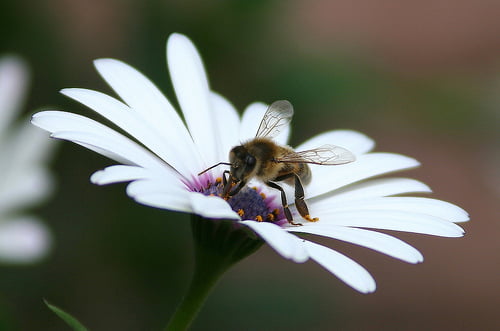

Environment
EU agency links fourth pesticide with honeybee decline
Fipronil is the fourth pesticide that is harmful to honeybees, the European Food Safety Authority (EFSA) has established.
It claims that fipronil, which belongs to the phenylpyrazole family, “poses a high acute risk to honeybees when used as a seed treatment for maize”.
The EFSA was asked by the European commission to perform a risk assessment of fipronil, by analysing in particular the “acute and chronic effects on colony survival and development and the effects of sublethal doses on bee mortality and behaviour”.
It said it couldn’t assess the effect of the chemical on other crops for lack of data, but that the use of fipronil on vegetables should present a lower risk as these cannot be foraged for pollen and nectar.
Friends of the Earth senior nature campaigner Paul de Zylva said, “Once again, a widely-used chemical that was previously thought safe is found to be risking the health of our bees.
“This is further evidence that testing is not rigorous enough. How many more products used on our crops and in gardens are putting bees in danger?”
De Zylva added that a bee action plan was necessary to address all threats to pollinators.
The majority of EU member states recently voted in favour of a European ban of three neonicotinoid pesticides, which research found have deadly effects on honeybees.
The ban is set to begin on December 1, to give countries time to phase out their current stocks.
Further reading:
EU ban on bee-harmful pesticides to begin in December
EU votes to impose landmark pesticide ban to save bees
Loss of $200bn pollinating services will be harmful, scientists warn
Chemical giants did ‘furious lobbying against EU measures to save bees’
The march of the beekeepers: campaigners protest over harmful pesticides


 Environment12 months ago
Environment12 months agoAre Polymer Banknotes: an Eco-Friendly Trend or a Groundswell?

 Features11 months ago
Features11 months agoEco-Friendly Cryptocurrencies: Sustainable Investment Choices

 Features12 months ago
Features12 months agoEco-Friendly Crypto Traders Must Find the Right Exchange

 Energy11 months ago
Energy11 months agoThe Growing Role of Solar Panels in Ireland’s Energy Future




























